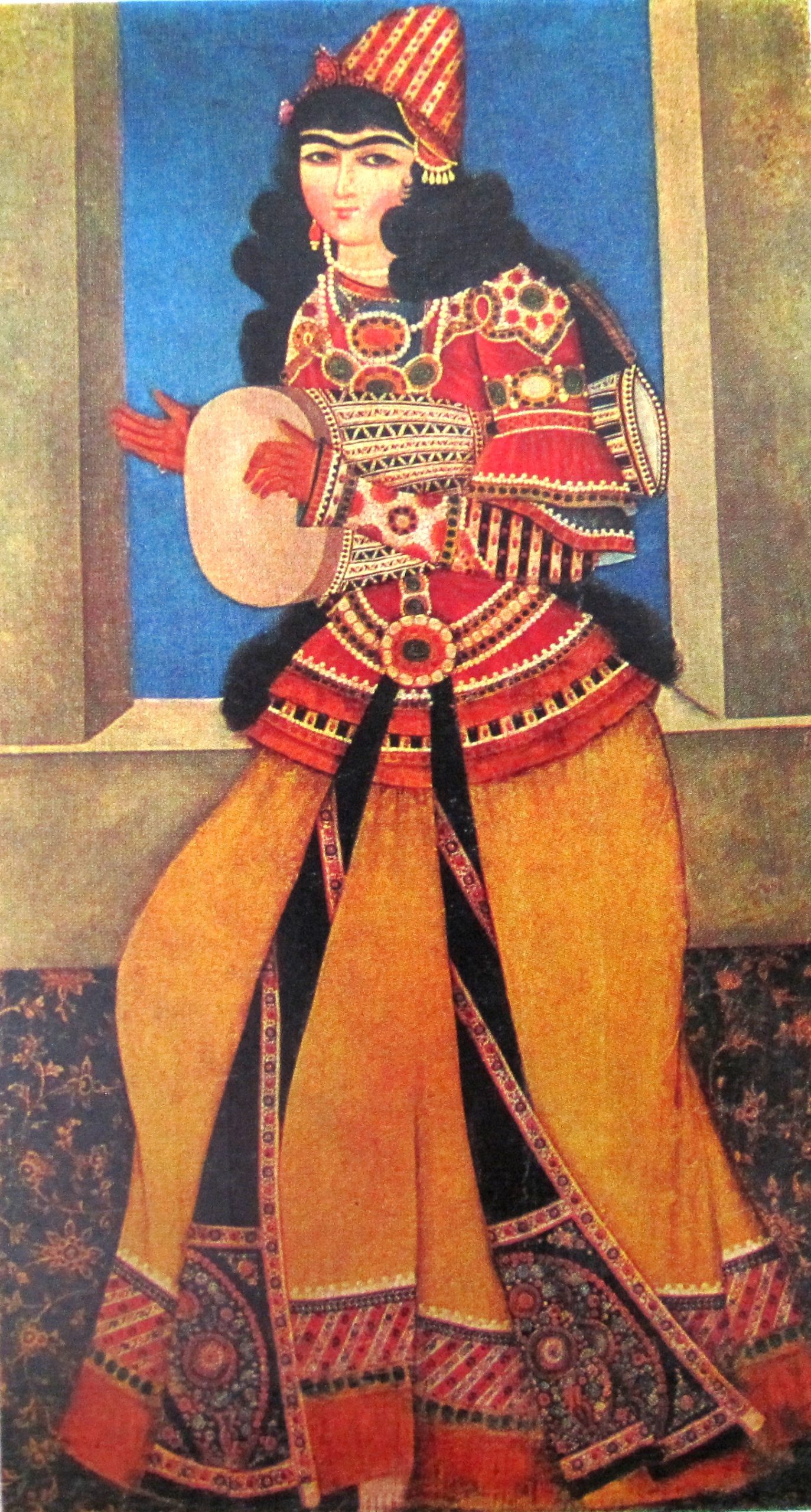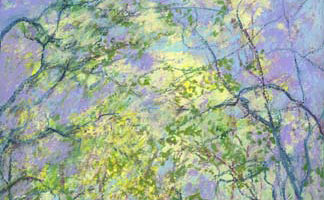
Under the Covers
When Her Father Won’t Let Her Go to College
Every night, after house patrol, Pop marched into my room shouting, “Enough books!” and flicked off my lights before slamming the door. He thought that by turning off lights he was turning me off, ridding me of curiosity and saving me from what would become a home-wrecking narcotic: books.
But by age 13, I was already a pro at reading with my head tucked under the sheets. I’d reach for my flashlight, dive head-first under the covers, and read voraciously. Beneath layers of bedding, with labored breathing, I silently turned pages. My squinting eyes, acclimating to the circle of light on each page, devoured the words. Eventually I’d re-surface for a deep inhale and then slide back down.
Books…their insidious voices threatened to corrupt his highly sheltered, one-and-only daughter. Pop hated bookcases jam-packed with words, thoughts, and opinions that had not first passed his inspection: He thought books immoral, overthrowing the law and order he had firmly established in our home.
In the 1960’s, as high-school girls teased their mountainous hairdos and applied hair spray for hourly reinforcement, I was raking in A’s. A’s were my lifeline to the outside, a rope ladder growing thicker and longer, stretching out my bedroom window. Throughout my teens, I’d put myself to sleep imagining that ladder furiously swinging back and forth, ultimately flinging me to that forbidden land, college.
“We suffered anti-Semitism in Iran, escaped and immigrated to America, not to end up cursed with an American daughter,” Pop ranted. “A daughter who wants to read and go to school!” I thought he was insane.
In Mashhad he had lived life trembling, looking over one shoulder, always in fear of being stoned, beaten or murdered. He and his underground Jewish community posed as Muslims and carefully juggled dual identities. In the safety of his basement, he learned Hebrew and studied Torah. Outdoors, in public squares alongside Muslim neighbors, he chanted from the Koran. The journey from Mashhad to Bombay to Shanghai to San Francisco and finally to New York, with wife and sons, had been tremendously difficult. And he endured it in order to raise his children openly and freely as Jews—not Americans.
![By Unknown artist from Iran [Public domain], via Wikimedia Commons](http://lilith.org/wp-content/uploads/2014/07/Girl_with_tambourine_Qajar_art_Art_Museum_of_Georgia-160x300.jpg)
By Unknown artist from Iran [Public domain], via Wikimedia Commons
“America is a wild country! There is too much freedom! Just look at the nasty, loose girls walking the streets,” he would shout in Farsi. “They all take drugs, wear short skirts, wanting you to look up and see everything when they cross their legs. American girls are jen-dehs—whores! It is my responsibility as your father to protect you from Americans and not allow you to become one.”
In 1947, when Pop settled in New York City with my mother and my two brothers, he lugged with him not only rugs, pots, pans and mattresses, but all of Mashhad’s thinking. A few years later, I was born—their first daughter and American child. Although my parents were delighted, my father was now saddled with the anxiety-provoking mission of keeping me uncontaminated.
Mom and Pop both found my immersion in school heretical. In Mashhad, Jewish girls stayed home, learning to prepare for wifedom; the academic world belonged to men. “American women, as a result of education, have become men. It is perverse,” my father told me. “They squeeze themselves into subway cars, carry attaché cases, smoke cigarettes, and sleep around, as if they were not women.”
To make sure I didn’t become one of those educated whores, Pop praised me when I sewed and snarled when I studied. He continually argued for me to drop out of high school and stay home, to learn to embroider tablecloths, hem skirts, and master the art of Persian cooking.
But I also grew up with two older brothers. When I was eight, my eldest brother Albert was a senior at Brooklyn Tech High School. Into the early hours of the morning, he would measure, draw and right-angle, hunched over a makeshift drafting table. He had rulers of every shape, size and color. 30 or 40 of them hung over his head, nailed to a corkboard.
After dinner, I would follow him into his bedroom and watch. Homes, offices, museums, concert halls, stadiums, highways, bridges…they all burst out from cryptic penciled lines. His dream was to become an architect and sculpt space in a way never done before.
Pop didn’t think architecture was a real profession. He wanted to see Albert become a Persian rug dealer—now that had prestige. Mom, on the other hand, wanted educated sons. She would lick her lips and boast to her butcher, “My son vant be ar-ki-tect,” not quite knowing what that meant, but enjoying the sound of the hard consonants.
Mom had never been schooled. Each evening after dinner, she would scurry up the stairs with three bowls of fruit, each containing an apple, an orange, a banana, and a fruit knife carefully placed. To my brothers, the fruit was filled with praise and prophecy: “Keep studying, my brilliant sons. You will conquer the world.” To me, the fruit said, “Eat and go to sleep.”
At 18, Albert was awarded a full scholarship to Cornell’s School of Architecture. With shoulders thrown back and blueprints in hand, he left for Ithaca. I cried for months. When I was 11, my second brother, David, was accepted to Columbia University. English literature was his passion. His bedroom was stacked with books: novels, plays, and poetry. His love affairs were with Gerard Manley Hopkins, Thoreau, Eugene O’Neill, Henry James, Mark Twain, Joyce, and Wordsworth. There was no hint of Iran and our family’s Persian legacy.
We would take long, hand-in-hand walks. “Writers,” David would tell me, “were the greatest psychoanalysts, delving into the mysteries of God, love, hate, birth, and death.” His mind stretched mine, taking me far beyond anything I was learning in middle school.
As for me, I had started forging Pop’s name, Fatulla Amini, on every report card beginning with first grade. As I traveled through elementary and junior high school, Fatulla’s signature improved. It wasn’t until I reached 11th grade that my father demanded to see my report card. My stomach cramped as he slowly read my grades out loud: A after A. He cursed the day he had stepped foot in America. It was as though he’d discovered I was a drug addict and my A’s were discarded heroin needles. His eyes bulging, pulling at his thick white hair, he said he would never allow his only daughter to reach her intended destiny, America’s brothel: college.
Secretly, I sent college applications out to Radcliffe, Barnard, Brandeis, and Hunter. Although I had mastered forging Pop’s name, I couldn’t pay for four years of college. What was I thinking?
David became my accomplice. He was certain he could smuggle me out of Forest Hills and, behind our parents’ backs, drive me to Massachusetts for my Radcliffe and Brandeis interviews, both scheduled for the same Friday. We hatched a plan to slip out of the house at 4:30 a.m., accomplish our mission, and return home before the Sabbath.
That Thursday evening, I set out my navy-blue plaid skirt and a starched white shirt. I lined up my polished, black penny-loafers, and prepared everything else: college forms, maps, driving directions, two cream-cheese sandwiches, and two cans of apple juice. Weeks in advance, I’d practiced washing my face and brushing my teeth noiselessly. David and I had agreed we wouldn’t flush the toilet, in case the noise woke Pop: my father’s ears were always on high alert. Since he lived with the perpetual fear that someone would break into our home, he slept, as he put it, “with one eye open.”
At 4:30 a.m., my brother and I tiptoed down the long mahogany staircase, our shoes in hand. David had written a polite note telling our parents that we were taking a car trip. There was no reason to worry, he wrote—we’d be home in time for Shabbat dinner. He placed the note on the kitchen table. The note made us seem so conscientious and obedient, so respectful; I was sure my parents would suspect nothing.
We soundlessly opened and closed the kitchen’s back door and entered the garage through its side door. David slipped into the driver’s seat of our family’s red Valiant. The one thing we couldn’t control was the garage door—its rusty chains screeched when it was lifted.
With perfect synchrony, David turned the car key, the engine groaned, I raised the rickety door, which rattled and screeched on cue, and I jumped into the car, cursing the door. Putting the car in reverse, David slammed on the gas.
Suddenly, Pop’s crazed face flashed in front of the windshield. Barefoot, wearing grey flannel pajamas, his thick white hair spiked from pulling, he flailed his hands, desperate to cut off our escape.
Too late. We sped off towards Massachusetts.
– See more at: http://lilith.org/blog/2014/06/when-her-persian-father-wouldnt-let-her-go-to-college/#sthash.nPg9z1Fq.dpuf


